 Only a few standing stones where there was once a castle and where many once lived. Time pulled them down, stones and castle and all who lived here.
Only a few standing stones where there was once a castle and where many once lived. Time pulled them down, stones and castle and all who lived here.To The Hills
by
James Morgan Ayres
It could be like this for you. It would be near the end of summer. You would be walking along the sand. The air is heavy and humid and smells of the sea, of salt and fish and beginnings. You are sunburned and sand scoured and tired of the beach, and with many other things. A remembered story of a secret stone village hidden in high mountains draws you to your tiny blue car with the roll back roof.
You find the right turning and drive along a narrow winding road, climbing into the hills and passing through meadows scattered with yellow irises and bordered by thin cypress trees bowing under wind blowing down through mountain passes. You pass through tiny villages of umber stone and cobbled streets with people walking, loaves and bottles poking up from their bags.
The countryside is graced with natural beauty and has been formed by conscious hands over generations. Something touches your heart and your eyes sting, to have spent so much of your life on useless things and not seen this. You feel that you have returned to a home lost long ago, or one only dreamed of. You sense that death comes here without anger or hate and is part of life’s cycle and not to be feared so much.
But you don’t think much about death now. Larks swoop in tight formation across the road. Sheep crop the grass, small sturdy clouds moving close to the ground. Flowers are everywhere. Bees bumble in your window. The air thins and sharpens as you continue to climb. Stone pushes out from green hills, deer fleet through the edges of the wood, scarcely seen shadows.
You stop for a picnic near an abandoned village, a few tumble down houses, a shuttered post office and a café where no one comes. From your old canvas pack you take a sarong from the beach in Bali, remembering those bright days now gone, and spread it to serve as your tablecloth on the lush grass at the edge of the cliff.
As you have melon and dry cured ham and crusty bread from the market in the village by the sea, two windblown and trail worn ladies come out from the pines followed by their donkeys. They sit for a while and tell you about their adventures on the trail. One of the donkeys eats a fig from your hand, his breath blowing warm. These are city ladies and once a year they get away from streets and families and dinners and go someplace rough and free. Their cheeks are flushed with walking and the air and the excitement of being away from their daily lives. A hawk soars by, his eyes fierce and black, watching for the movement of small creatures. A cloud drifts over your picnic spot darkening the bright sarong colors.
You walk with the ladies a mile or so and wave goodbye at their campsite next to an inn. Returning along the trail you hear a snuffling and snorting in the bushes and a wild boar bursts from the undergrowth, his back as high as your waist, muscles bunching and shifting under wire stubbled skin. Yellowed tusks curve up past his snout. He stops in the path and fixes you in place with his wildness and his red knowing eyes and your stomach goes hollow and your heart fills your chest because you have no weapon and you know you are not the hawk and the time could be now. Then he spins and disappears in dust and brush and taking a part of you with him. You remember now that death is not ever gentle and the gift of life is yours only so long as the universe allows and that you must taste and touch and live and feel all of it during the time granted.
You return to your tiny car late in the afternoon and climb up and up into wild and forgotten hills. Pines cover the slopes. The road is deserted. Finally you find the last and highest village, grey stone buildings and winding stone streets against a cold stone escarpment looming over the village and covering half the sky. Green painted iron tables and iron chairs have been set out under bare trees. Men in wool sweaters and scarves sit and drink brandy. Damp grey clouds cover the sky. Mist swirls around a stream running through the center of the village and turning a wooden water wheel. The stream runs fresh and clear down from the peaks and after it passes the water wheel it flows into a deep pool where trout lurk in the shadows and rise to take fragments of bread from your fingertips. The village is lonely and cold until you turn a corner and find a street market. Fairies and elves flit through crowds singing and dancing and passing hats for coins and playing flutes that mix their melody with the splash of falling water.
Wandering the aisles between market tables, a lady of some years with clear blue eyes and grey hair held back by a blue printed scarf, offers you bites of homemade dry sausage made from wild boar and stag and mushrooms and berries from the forest. You nibble small morsels from her fingertips, smiling and flirting a little. The sausage is rich, tasting of earth and life. It will keep in your rucksack for longer than you will need it.
At the next table a raven haired laughing young woman unwraps a white cloth from a wheel of pungent cheese, cuts a thin slice and offers it to you on the tip of her knife, worn thin from much sharpening and held lightly in her red and callused hand. Carefully you take the offered sliver from the point of the knife. A short muscular man in a grey hand woven sweater and wool beret offers you a drink of his home made brandy and its rough heat chases the cold cutting into your bones. A loaf of grainy bread goes into your pack along with the sausage, cheese and a small green bottle of brandy.
Then, for a moment, everything is suspended in time. The crystalline air, the memory of the far sea, the looming granite cliffs, the donkey’s soft mouth as he nibbled the fruit from your palm, the hawks uncompromising presence, the market and its people, all seem out of time and place and apart from your life. You breathe in deeply. Your chest opens and fills with clean mountain air. You breathe out and the remains of your previous life drift away on a strong wind tasting of granite and pine.
Music follows you along side streets. You find a room to rent in a narrow house. The landlady is a small quick moving woman with salt and pepper hair pulled away from her face and tied at her neck. A long wooden table is centered on the slate floor in her kitchen. She lifts the lid from a large pot. The aroma is so rich you almost fall to your knees. Few things inflame the senses like good food when you are hungry and have walked in the hills and climbed from one world to another.
Love also weakens the knees and shortens the breath. Now you want to eat this good woman’s stew and then go up to your feather bed with the one who is with you, who is of course your love, who is accompanying you on this journey as far as she can go. In your narrow room you go to bed and make love and afterwards think of the cold wind howling outside.
In the still hours of darkness you awaken, seeing again the knowing look in the boar’s eyes, tasting the red wine that you drank with the venison stew, and the brandy afterwards, and remembering the landlady’s smile as the two of you walked up the narrow wooden stairs leaning on each other. In your night heart you know how lucky you have been to have had this one perfect and complete day and hope that this day will stay with you and warm you against what is to come.
You leave the bed and stand naked by the window while your love sleeps, warm and safe. Moonlight illuminates the high cliffs. You open the window and feel the air’s chill bite. Something deep within rises to the sky. You breathe in the night and let it take you.

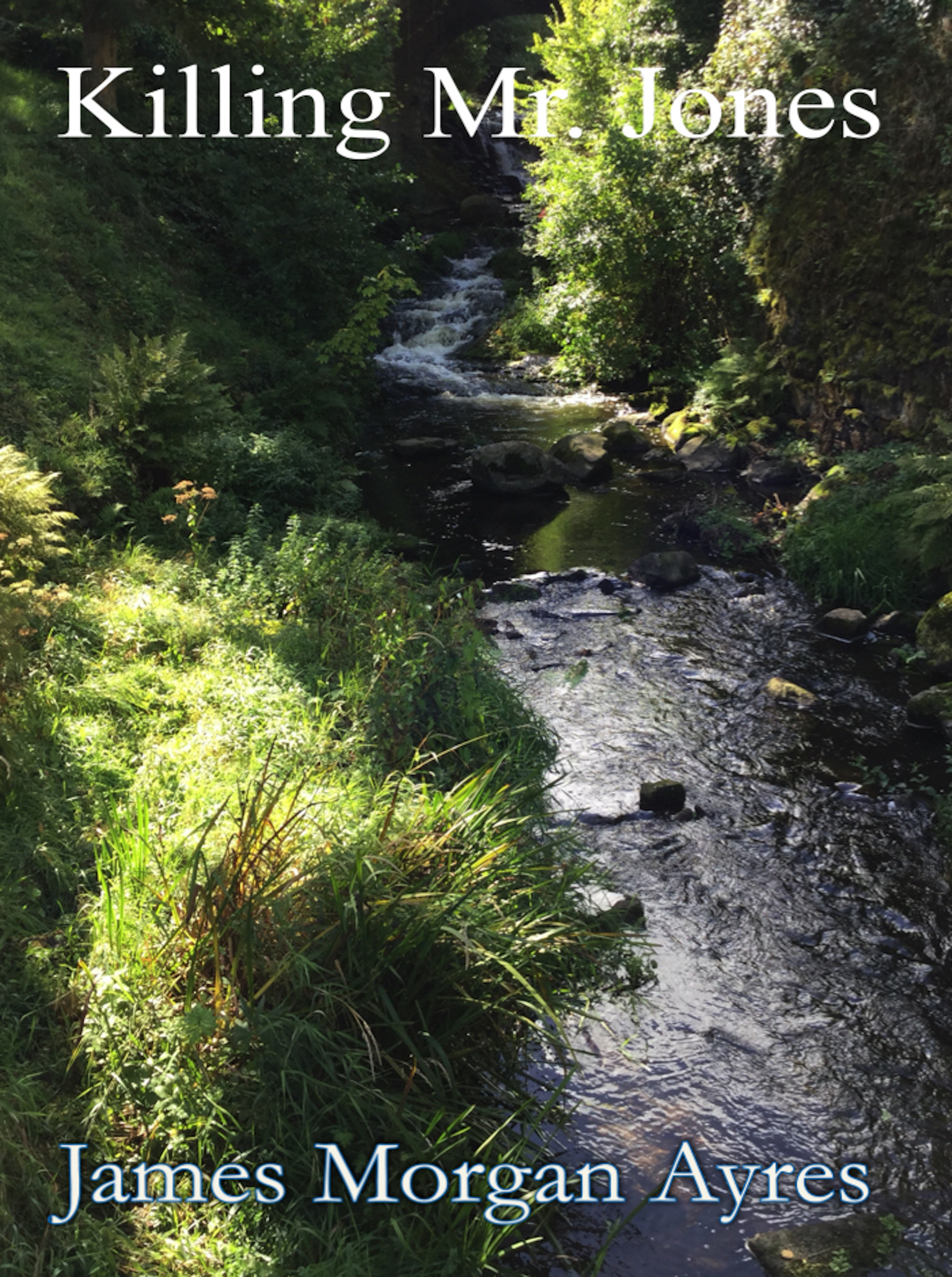 Sun, Apr 5, 2020: Killing Mr. Jones
Sun, Apr 5, 2020: Killing Mr. Jones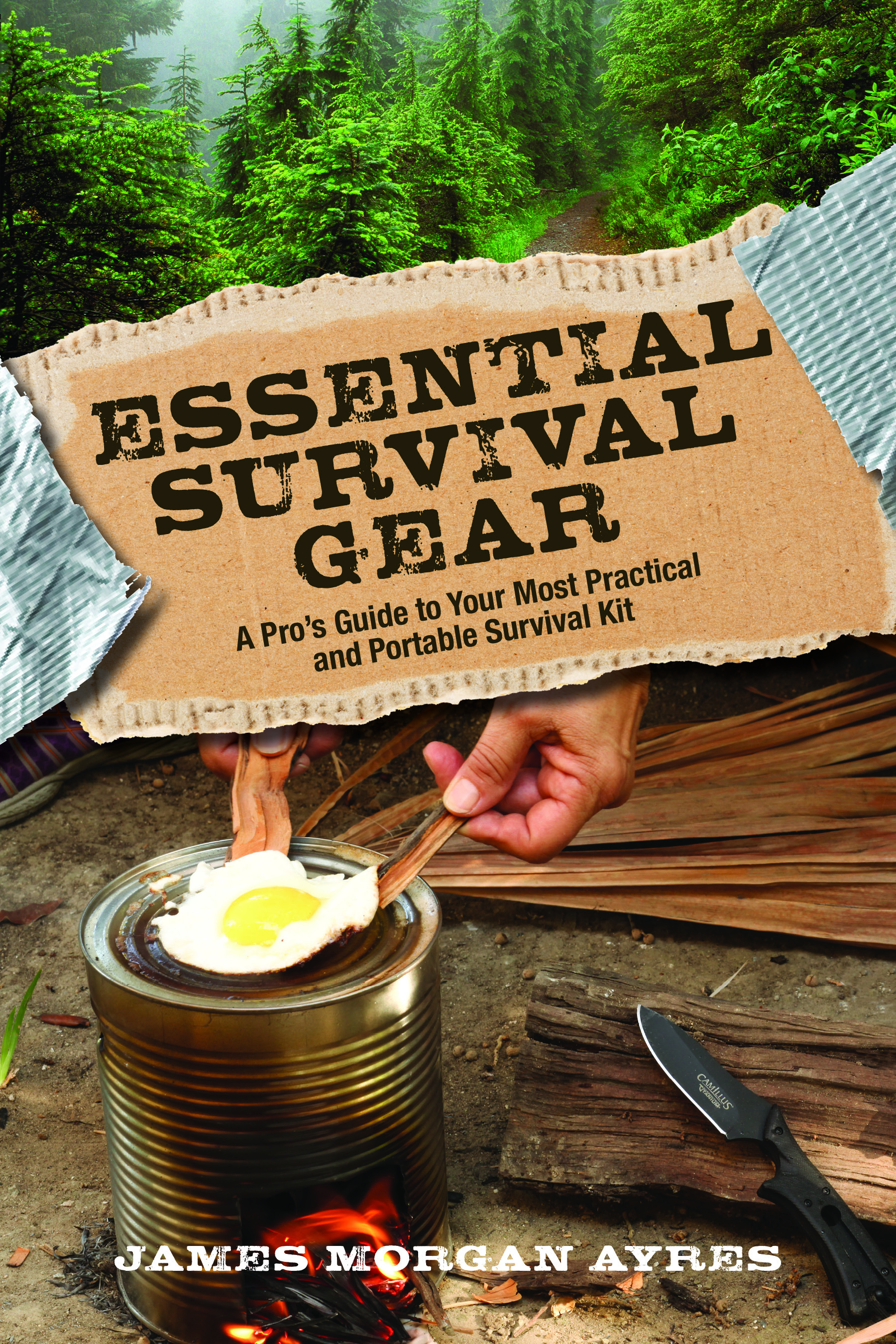 Wed, Apr 1, 2020: On Hoarding
Wed, Apr 1, 2020: On Hoarding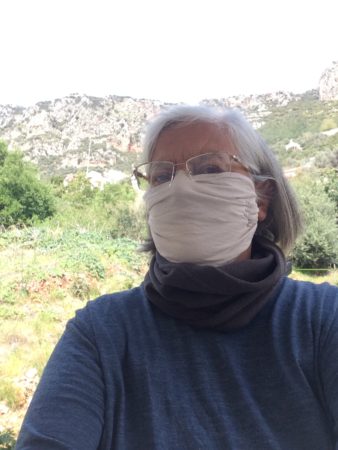 Mon, Mar 30, 2020: Masks Save Lives – Covid-19
Mon, Mar 30, 2020: Masks Save Lives – Covid-19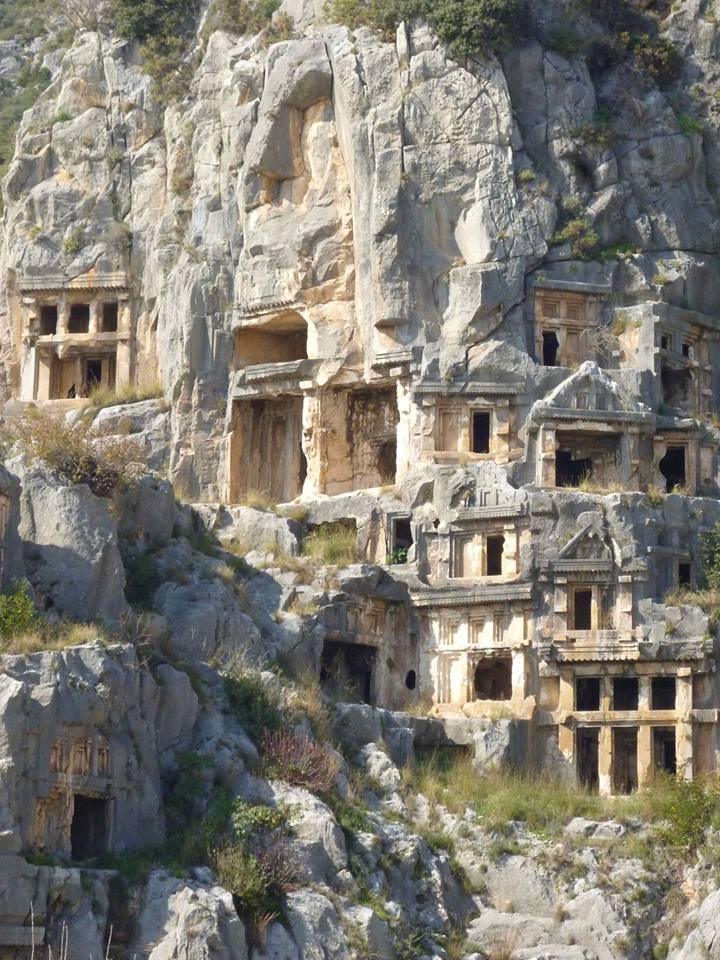 Sun, Mar 29, 2020: Visions of Apocalypse
Sun, Mar 29, 2020: Visions of Apocalypse Fri, Aug 23, 2019: Hijacked Twitter
Fri, Aug 23, 2019: Hijacked Twitter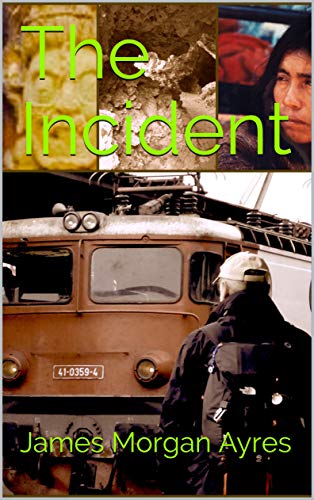 Sun, Aug 18, 2019: The Incident
Sun, Aug 18, 2019: The Incident Sat, Aug 10, 2019: Seas and Oceans Without End
Sat, Aug 10, 2019: Seas and Oceans Without End